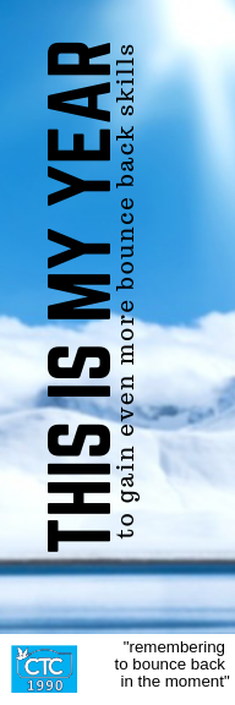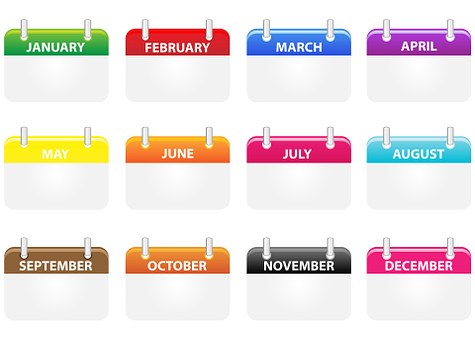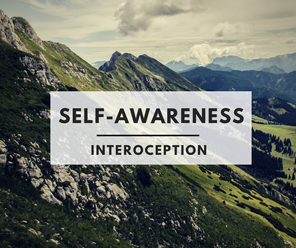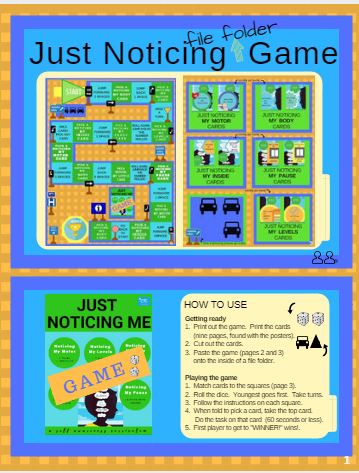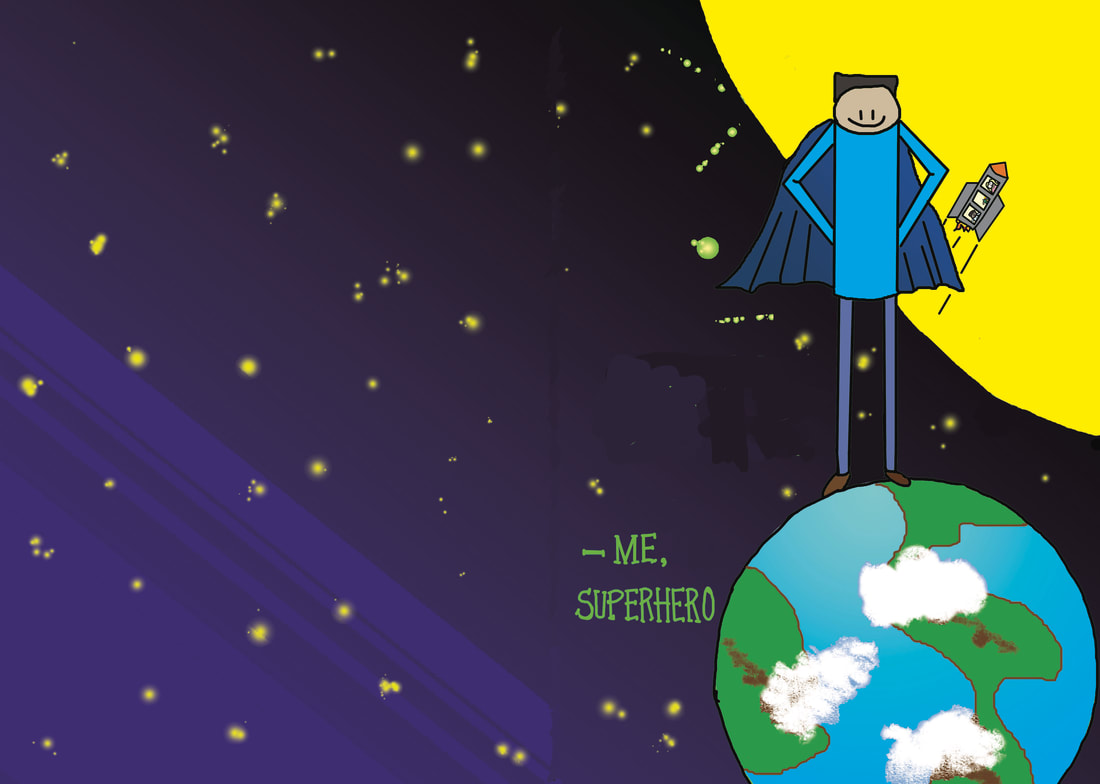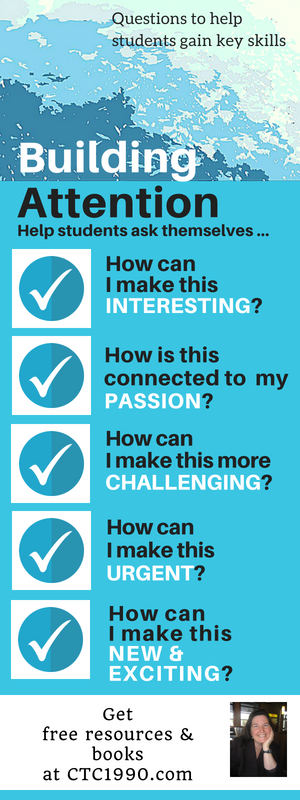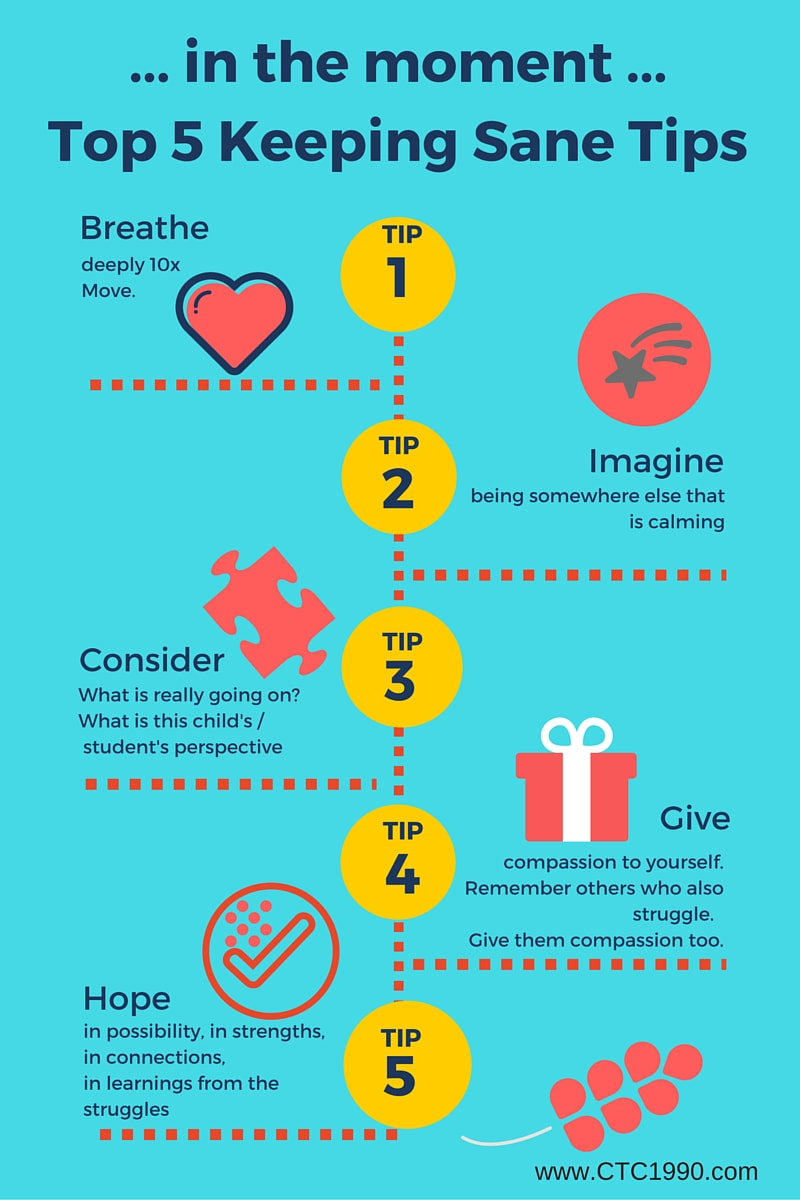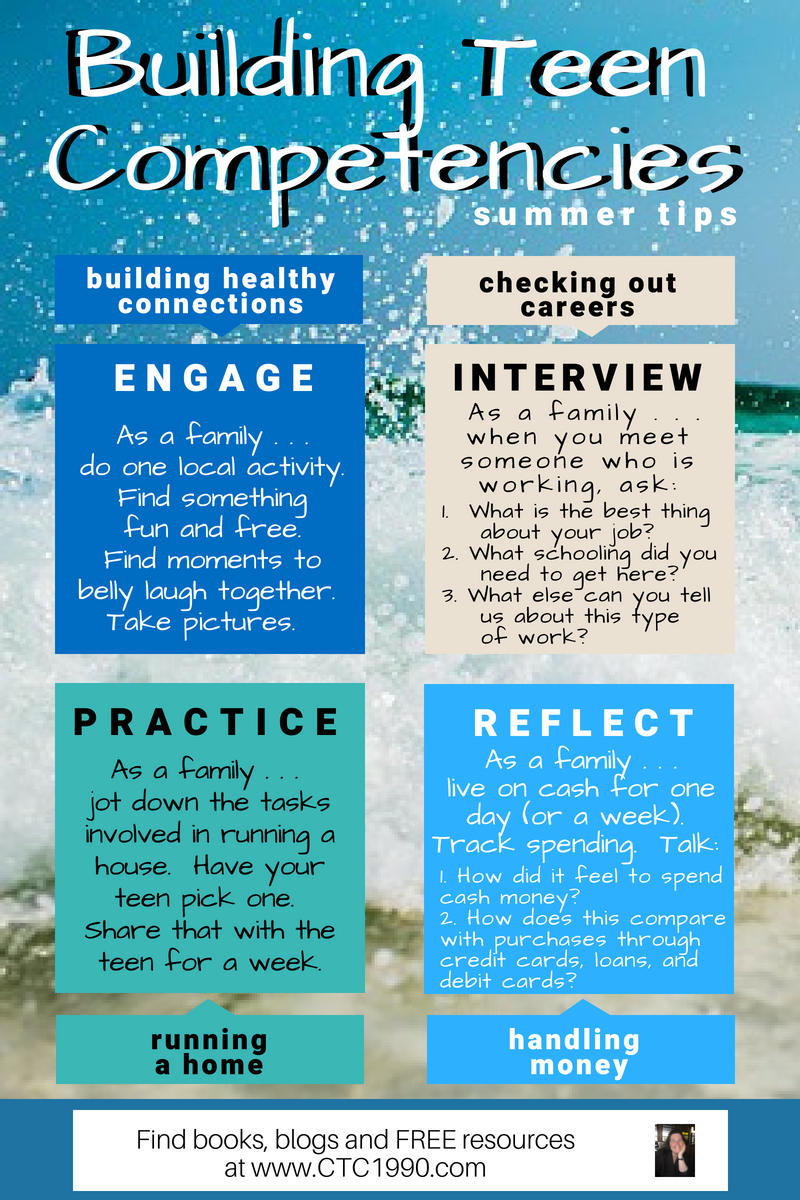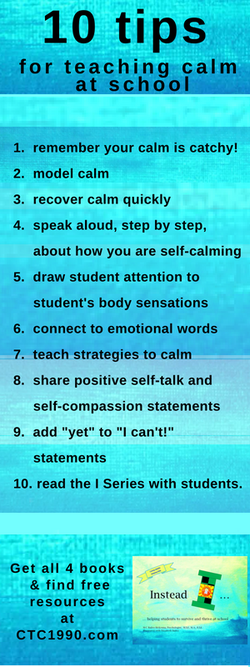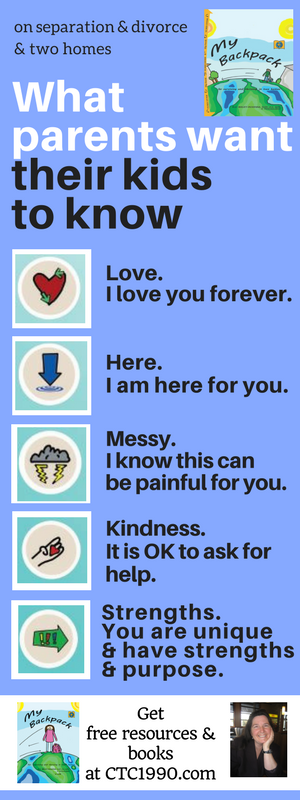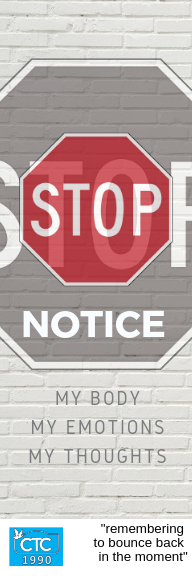
1. Stop
2. Notice what is going on inside my
a. body
b. emotions
c. thinking
This 60 second (or less) strategy allows us to determine the degree of our internal distress. This then gives us permission to take care of ourselves.
And that is the heart of bouncing back - noticing our heart rate, our emotional tone, our thinking patterns.
Interventions then follow:
a. I increase or decrease my heart rate (breathe, breathe, breathe!)
b. I shift my emotional intensity (breathe, just noticing the feeling and let it go, etc.)
c. think in a different way (focus on something else, remember a good memory, put a picture of an upcoming vacation in my head, say positive thoughts to myself - I an safe, I can handle this, I am OK, I am bigger than this moment, etc.)
